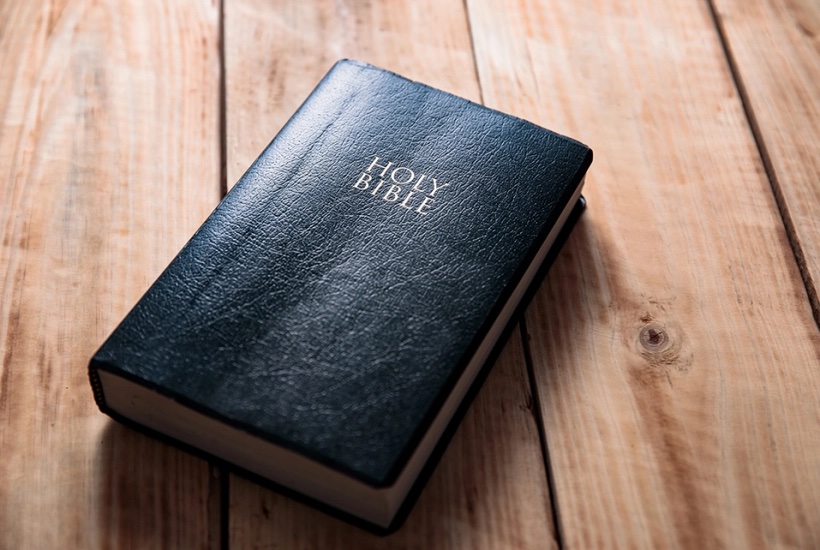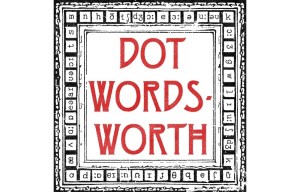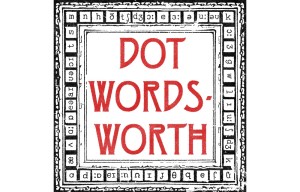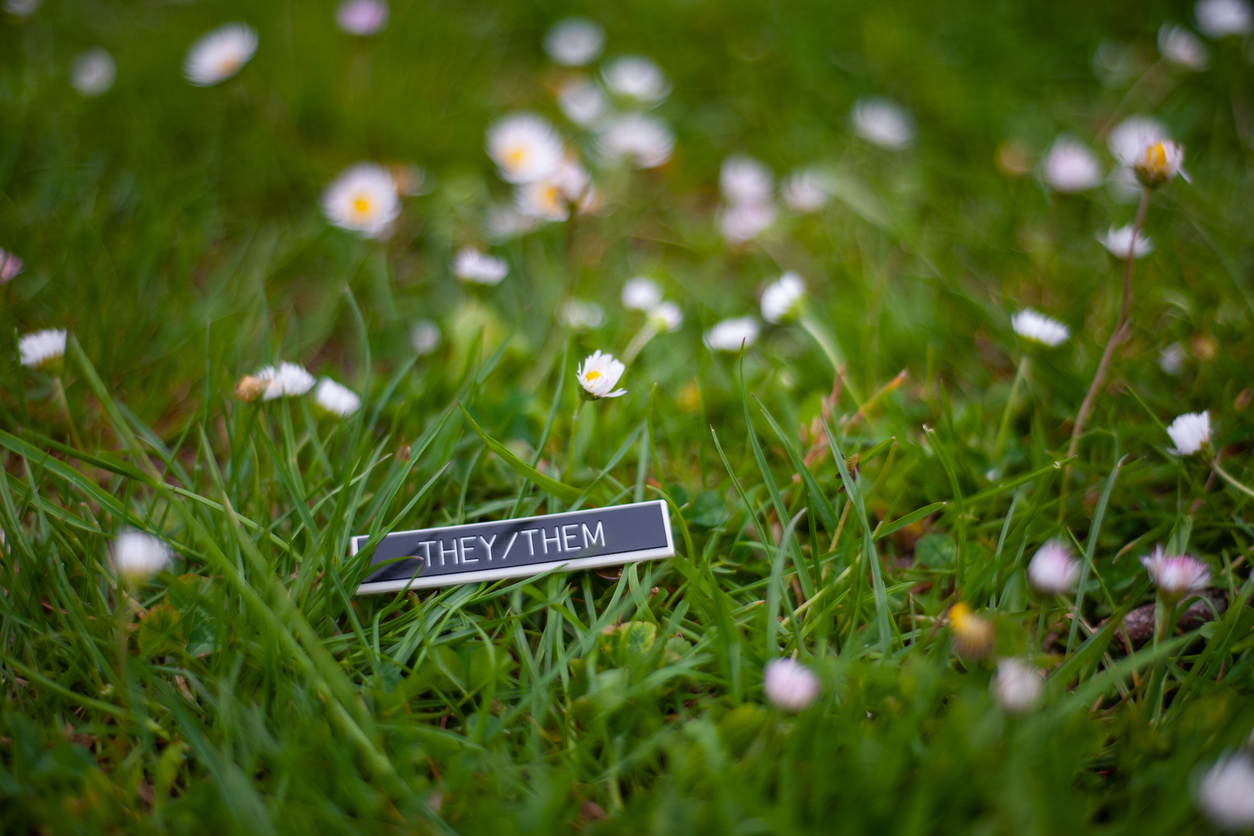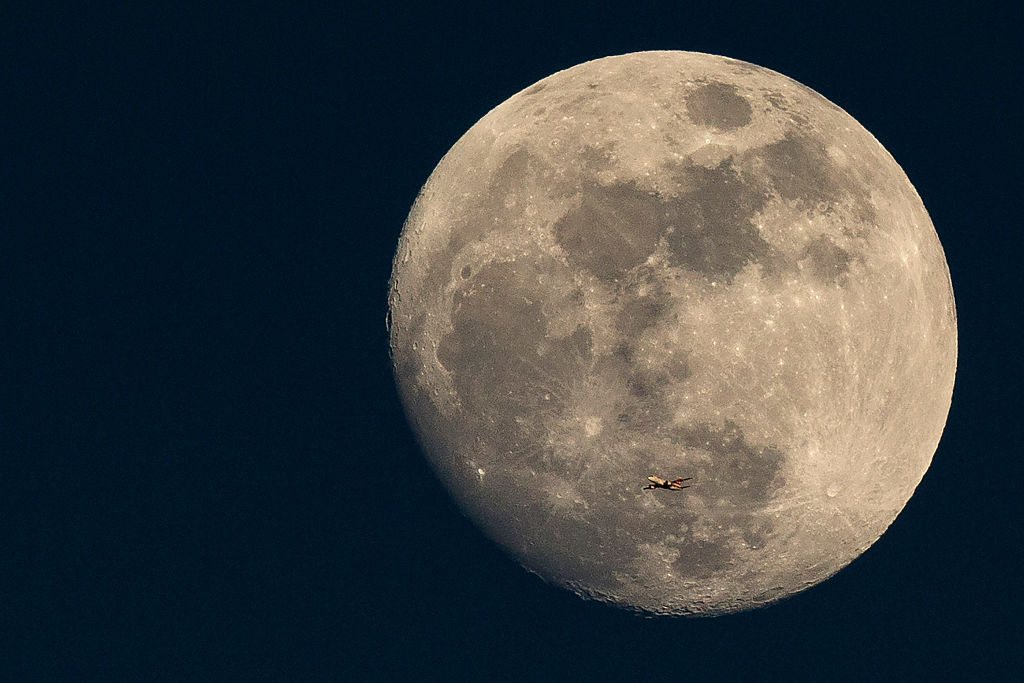When The Spectator took the pulse of Paris in 1897, it reported: “Macabre pictures, Macabre poems, and Macabre music are all the fashion. We hear of cafés where the tables are shaped like coffins.” Macabre was a new word in English, and this was its sole 1890s Spectator appearance.
Its connections are indicated by a phrase in a song by that uneven chansonnier Georges Brassens: croque-macchabée. It means “undertaker,” macchabée being “a corpse.”
The French slang macchabée and the English macabre both originate in the danse macabre. There was a fourteenth-century French book called La Danse Macabré, with an accent, and Macabré seems to be an alteration of the Old French Macabé, a version of the biblical name Maccabaeus.
In Besançon in 1453 a performance was held after Mass of the choræam Machabæorum, “dance of the Maccabees.” This is generally equated with the Dance of Death, familiar from medieval murals in which Death as a skeleton takes people away.
In the Second Book of Maccabees, Judas Maccabaeus buries the slain, sending money to Jerusalem as a sin-offering for them: “For if he had not hoped that they that were slain should have risen again, it had been superfluous and vain to pray for the dead.” (2 Mac 12:44)
This sat ill with the Anglican prohibition of praying for the dead. The two books of Maccabees were included in the 1611 King James Bible, but grouped, with books such as Tobit, as “Apocrypha.” These, the Thirty-Nine Articles declare, “the Church doth read for example of life and instruction of manners; but yet doth it not apply them to establish any doctrine.” The Rastafarians of Jamaica were nevertheless outraged by the British and Foreign Bible Society (after 1827) printing only Bibles without the Apocrypha. They called for the full “Maccabee Bible.” In the 1976 song “Macabee Version,” Max Romeo pointed out that King James was a white man, and demanded: “Bring back Macabee Version / That God gave to black man.” The song is quite jaunty — not at all macabre.
This article was originally published in The Spectator’s August 2023 World edition.



